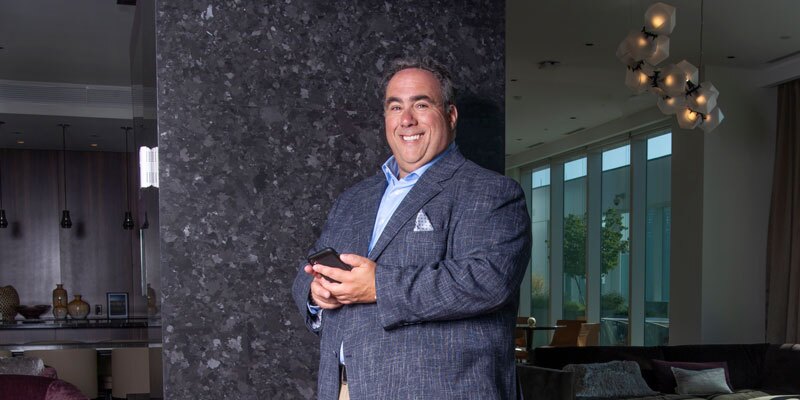In July, Fairway Independent Mortgage refreshed its branding, including revising its name to Fairway Home Mortgage.
The company was
Fairway has been very successful in retaining staff long-term. David Lazowski, who in 2024 became president of national recruiting and growth, has been with the company for 18 years. Its retention rates are helped because it is employee-owned, having started an employee stock option plan in 2016.
Lazowski began in the mortgage industry in 2005 after a career on Wall Street and quickly
National Mortgage News recently spoke with Lazowski about what the rebrand is looking to accomplish.
Questions and answers have been edited for length and clarity.





